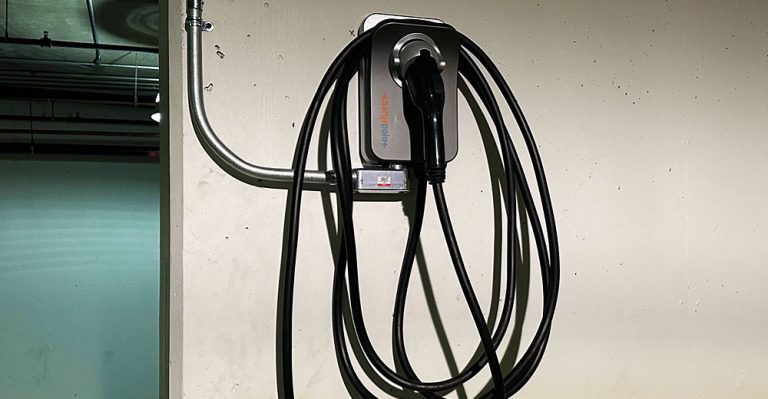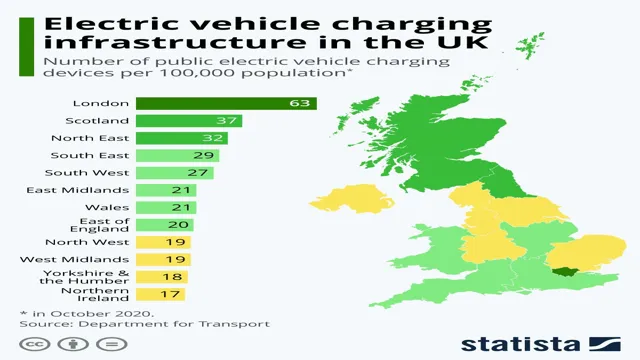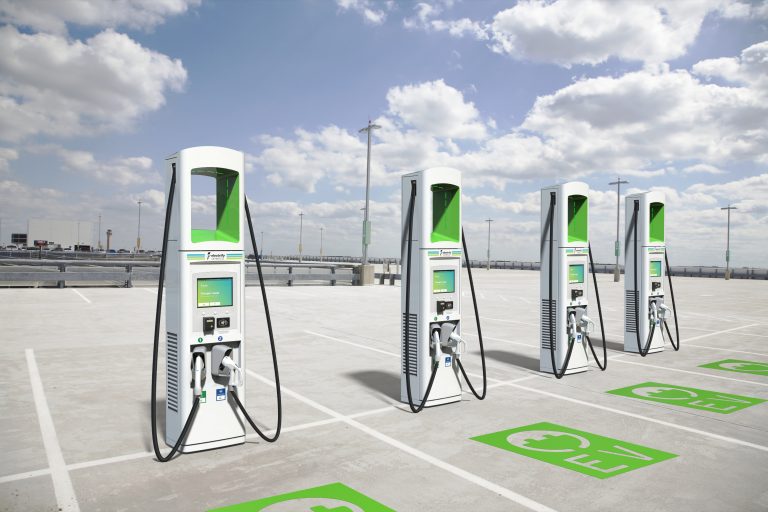Can Solar Panels Charge an Electric Car : Harnessing Clean Energy for Eco-Friendly Commuting
With the rising popularity of electric vehicles (EVs) and the increasing demand for sustainable energy sources, many people are considering the potential of using solar power to charge their electric cars. The idea of utilizing clean, renewable energy to power vehicles is undeniably appealing, but the question remains: Can solar panels effectively charge an electric car?
The Basics of Solar Charging for Electric Cars
Before delving into the specifics, it’s essential to understand the basic principles behind solar charging for electric cars. Solar panels, also known as photovoltaic (PV) panels, are designed to convert sunlight into electricity. This electricity can then be used to power various devices, including electric vehicles. When installed on a home or a dedicated carport, solar panels can harness the power of the sun and convert it into a sustainable energy source for charging an electric car.
Factors to Consider
While the concept of using solar power to charge an electric car is promising, several factors need to be considered in determining its feasibility and effectiveness:
1. Solar Panel Efficiency
The efficiency of solar panels plays a significant role in their ability to generate electricity. Higher efficiency panels can produce more electricity from the same amount of sunlight, making them more effective for charging electric vehicles. It’s important to consider the quality and efficiency of the solar panels when evaluating their ability to charge an electric car.
2. Energy Storage
An important consideration for solar charging of electric cars is energy storage. While solar panels can generate electricity during the day, vehicles often need to be charged at night or during periods of limited sunlight. As a result, an effective energy storage solution, such as a home battery system, may be necessary to ensure a consistent power supply for charging an electric car.
3. Charging Requirements
The charging requirements of the electric car must also be taken into account. Different models of electric vehicles have varying battery capacities and charging specifications. Understanding the specific charging needs of the vehicle is crucial in determining the compatibility and effectiveness of solar charging.

Credit: minghongmotors.com
The Benefits of Solar Charging
Despite the considerations involved, the prospect of using solar power to charge electric cars offers several compelling benefits:
1. Environmental Impact
By leveraging solar energy for car charging, individuals can significantly reduce their carbon footprint. Solar power is a clean, renewable energy source that produces minimal emissions, making it an environmentally-friendly option for powering electric vehicles.
2. Cost Savings
Switching to solar charging can lead to long-term cost savings. By generating electricity from sunlight, individuals can reduce their reliance on grid-supplied power, potentially lowering their energy costs over time.
3. Energy Independence
Solar charging provides a degree of energy independence, allowing car owners to generate their own power and reduce their dependence on external sources of electricity. This can offer greater control and resilience in the face of fluctuating energy prices and supply disruptions.
Challenges and Considerations
While the idea of solar charging for electric cars holds promise, there are challenges and considerations that need to be addressed:
1. Initial Investment
The upfront cost of installing solar panels and associated equipment can be a significant investment. However, various incentives, tax credits, and financing options may help mitigate the initial expenses.
2. Space Requirements
Solar panel installation may require ample space, especially for generating sufficient electricity to charge an electric car. Evaluating the available space and the feasibility of incorporating solar panels into the existing infrastructure is crucial.
3. Efficiency And Performance
The overall efficiency and performance of the solar charging system, including factors such as panel orientation, shading, and weather conditions, can impact its effectiveness in powering electric vehicles. Proper planning and design are essential to optimize the system’s performance.
Conclusion
While solar panels can indeed charge electric cars, the feasibility and effectiveness of this approach depend on several factors, including the quality of the solar panels, energy storage solutions, and the specific requirements of the electric vehicle. Despite the challenges and considerations involved, the potential environmental, cost, and energy independence benefits make solar charging an enticing option for powering electric cars.
As technology continues to advance and the demand for sustainable transportation solutions grows, the integration of solar power and electric vehicles holds great promise for a cleaner, greener future.






